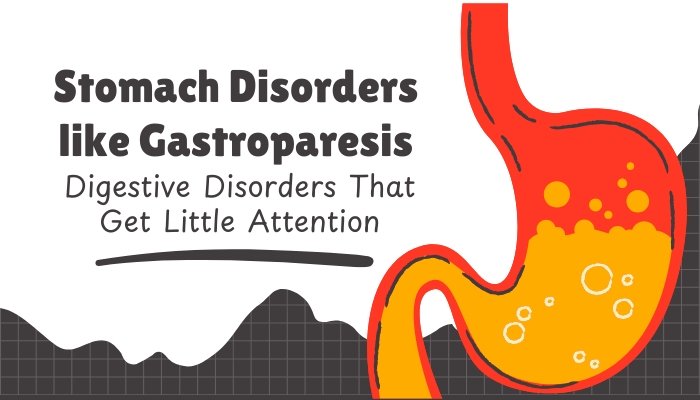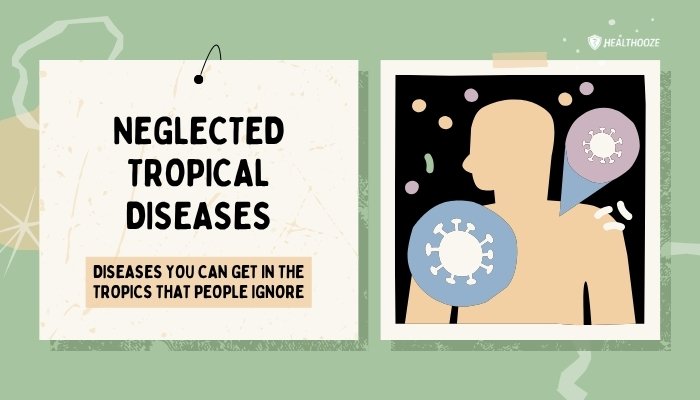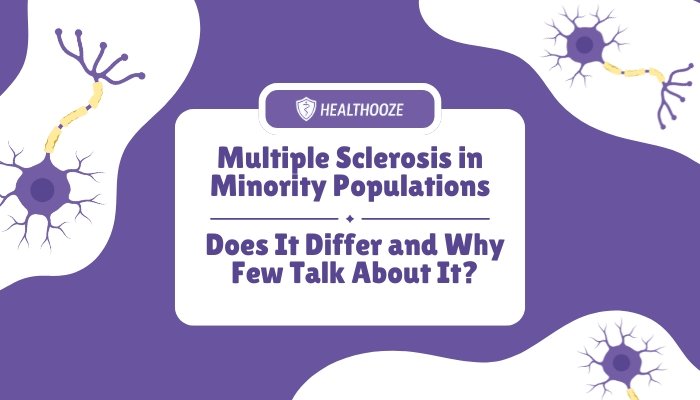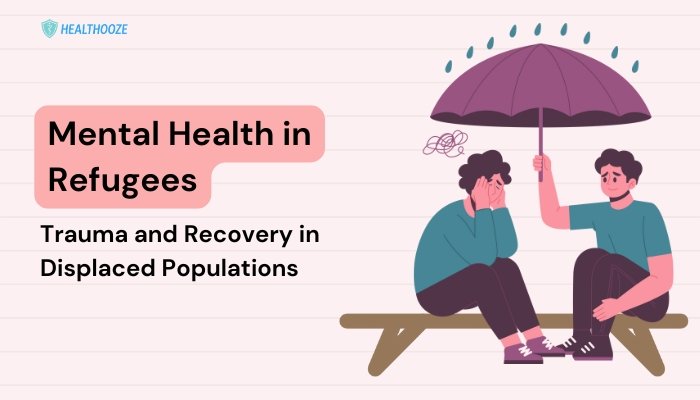Introduction
When it comes to gastrointestinal ailments, many people think of common concerns like reflux or IBS. However, gastroparesis—a condition where the stomach empties slower than normal—remains relatively overlooked despite its life-altering effects.
Often relegated to the margins of digestive health discussions, gastroparesis can cause chronic nausea, nutritional deficits, and severe lifestyle disruptions. This article delves into gastroparesis, its underlying causes, how it goes unnoticed, and the potential avenues for diagnosis and management.
What Is Gastroparesis?
Delayed Stomach Emptying
Gastroparesis stems from a malfunction in the stomach’s motility (peristalsis). The muscles or nerves controlling digestion don’t function properly, causing food to linger in the stomach much longer than typical. This can lead to:
- Bloating and Fullness: Even after small meals, patients might feel uncomfortably full.
- Nausea and Vomiting: Partially digested food can back up into the esophagus, prompting vomiting episodes.
- Nutritional Concerns: Slow digestion complicates consistent nutrient absorption, risking deficiencies or weight fluctuation.
Who’s at Risk?
While gastroparesis can appear in anyone, certain factors raise risk:
- Diabetes: Prolonged high blood sugar can damage nerves controlling stomach muscles.
- Surgical Aftereffects: Vagal nerve damage during abdominal surgeries occasionally impairs gastric motility.
- Autoimmune or Idiopathic Cases: Some develop gastroparesis with no clear cause, possibly linked to immune dysregulation.
Why Gastroparesis Remains Overlooked
Subtle Symptom Overlaps
Patients might dismiss constant bloating, mild nausea, or infrequent vomiting as normal indigestion or dietary intolerance. Similarly, primary care providers may initially interpret these complaints as acid reflux or IBS, delaying correct diagnosis.
Low Public Awareness
While conditions like celiac disease or GERD frequently garner media coverage and research attention, gastroparesis receives comparatively minimal exposure. This knowledge gap means patients may wander for months—if not years—before encountering specialists who recognize their condition.
Diagnostic Complexity
Confirming gastroparesis often relies on specialized gastric emptying scans or breath tests. Providers lacking advanced gastroenterological training might not order these tests promptly, leading to misdiagnoses or incomplete treatments.
Common Symptoms and Complications
Chronic Nausea and Vomiting
Consistent retching can compromise daily functioning, hamper social life, and cause dehydration or electrolyte imbalances. Some patients find themselves avoiding restaurants or gatherings fearing sudden episodes.
Malnutrition and Weight Changes
Struggling to keep meals down leads to inadequate calorie intake, vitamin deficits, or muscle wastage. Conversely, some experience weight gain if they adopt high-calorie, easily digestible diets to offset frequent vomiting.
Blood Sugar Instability
In diabetics with gastroparesis, unpredictable stomach emptying complicates insulin dosing. Glucose levels can spike or crash at unexpected intervals, intensifying overall diabetes management challenges.
Diagnosis and Treatment Strategies
Investigative Tests
- Gastric Emptying Study: Patients ingest a mildly radioactive meal, then imaging tracks the stomach’s emptying rate.
- SmartPill: A swallowable wireless capsule monitors GI transit times, generating data on motility patterns.
- Upper Endoscopy: Rules out structural blockages or other abnormalities.
Medications and Interventions
- Prokinetic Drugs: E.g., metoclopramide or erythromycin encourage stomach contractions, though side effects can limit long-term use.
- Antiemetics: Controlling nausea and vomiting fosters better nutritional intake.
- Gastric Electrical Stimulation: For refractory cases, an implantable device gently stimulates the stomach’s nerves.
- Diabetes Optimization: Tight glycemic control stabilizes nerve health, slowing disease progression in diabetics.
Dietary Adjustments
- Small, Frequent Meals: Minimizes the volume of each meal, easing the stomach’s workload.
- Soft or Liquid Diets: Pureed foods, soups, or smoothies pass more readily through delayed stomachs.
- Nutrient-Dense Choices: To maximize vitamin intake despite smaller portions, focusing on protein-rich and easily digestible items can help.
Lifestyle and Emotional Support
Emotional Toll
Constant GI distress can erode mental well-being. Fear of symptom flare-ups can spur isolation, anxiety, or depression. Encouraging mindful coping—e.g., stress management, therapy, or support groups—improves emotional resilience.
Regular Follow-Ups
Because gastroparesis can fluctuate, routine check-ins with gastroenterologists or nutritionists help fine-tune regimens. Tracking weight, checking micronutrient levels, and adjusting insulin (in diabetic patients) remain crucial.
Community Advocacy
As more patients share experiences, social media or local meetups can connect them with specialists or highlight the need for specialized resources. Patient advocacy fosters awareness, empowering newly diagnosed individuals to find better guidance.
Conclusion
Gastroparesis, while less recognized than other GI conditions, significantly impairs daily living for those it affects. The repeated cycle of nausea, vomiting, and meal-time anxiety underscores how heavily our daily routines hinge on healthy digestion. Though challenges like misdiagnosis and few treatment options exist, modern diagnostic tools, evolving therapies, and integrative approaches ensure many can lessen their symptoms and reclaim aspects of normalcy. By acknowledging gastroparesis as a legitimate, sometimes debilitating disease, healthcare providers and communities can champion earlier identification, empathetic care, and continued research for more effective treatments.
References
- American College of Gastroenterology. Gastroparesis guidelines.
- National Institute of Diabetes and Digestive and Kidney Diseases. Gastroparesis overview.
- American Neurogastroenterology and Motility Society. Clinical updates on gastroparesis management.







